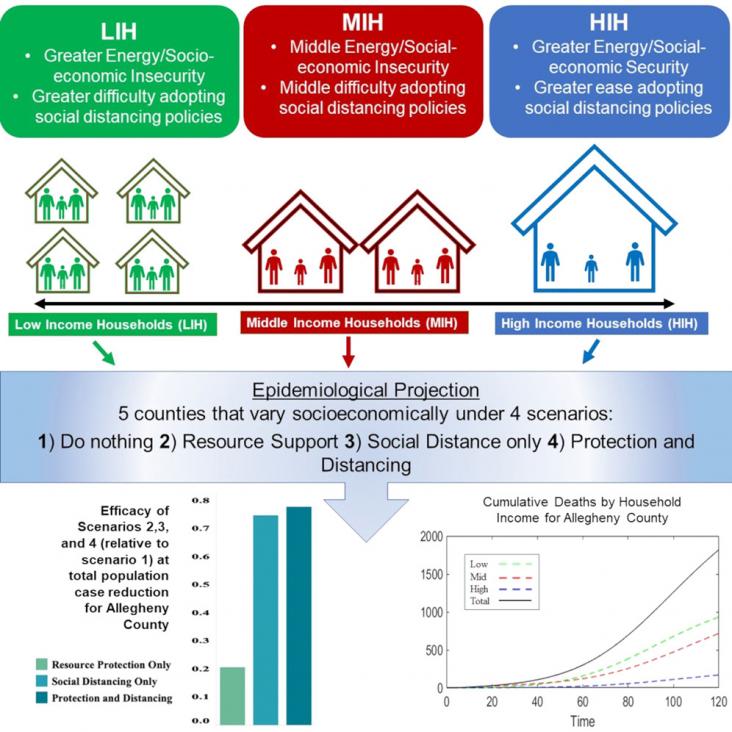This chapter advances the UN SDG goals 7, 11, and 12 by reviewing the fundamentals of hydrogen, it's properties, and its use as a sustainable fuel source
Elsevier,
Biofuels and Biorefining: Volume 1: Current Technologies for Biomass Conversion, Volume , 1 January 2022
This chapter advances the UN SDG goals 7, 11, and 12 by discussing recent developments in biohydrogen production, including various biomass used as feedstock, conventional technologies for biohydrogen production, economics of biohydrogen production, and the application of biohydrogen
Elsevier,
Renewable Energy Production and Distribution: Recent Developments, Volume , 1 January 2022
This chapter contributes to SDG goals 7, 11, and 13, by reviewing sustainable renewable energy policy and regulation, particularly in terms of climate change mitigation.
Elsevier,
Biofuels and Biorefining: Volume 1: Current Technologies for Biomass Conversion, Volume , 1 January 2022
This chapter advances the UN SDG goals 7, 11, and 12 by discussing the current situation on the energetic and transportation sectors and ways to convert them to a biomass-based economy.
This chapter advances SDG goals 7 and 13 by highlighting future prospects for green energy production of hydrogen.
This paper cautions that the adoption of electric vehicles with the aim of reducing greenhouse gas emissions must balance that beneficial effect against increased water consumption. It recommends battery electric vehicles charged by solar energy as the best solution.
This chapter advances Goals 7, 16, and 10 by applying an energy justice framework and some concepts from political ecology to identify the distribution of injustices in the lithium global production network. The authors argue that power asymmetries are significant and that more inclusive decision-making processes are needed for the transition to electro-mobility to be compatible with sustainable development and social justice.
This book chapter advances SDGs 7 and 9 by connecting exergy with three essential areas in terms of energy, environment and sustainable development.
By the year 2019, the number of people without access to electricity was 770 million, most of which lived in rural areas.

Low-income households (LIHs) have experienced increased poverty and inaccess to healthcare services during the COVID-19 pandemic, limiting their ability to adhere to health-protective behaviors.
